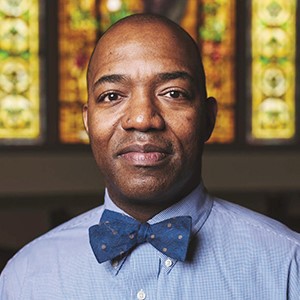

Deliverance from Certain Death
- July 20, 2018 | Isaiah 38, Isaiah 38–39
After an experience of healing in his life, Augustine wrote: “At that time you [God] tortured me with a toothache, and when it had grown so severe that I could not speak, the thought entered my heart that I should urge all my own people who were there to pray for me to you, the God of every kind of healing. . . . The moment we knelt down and begged this favor from you, the pain vanished.”
In our passage today, God healed Hezekiah from a near-fatal illness (vv. 1–9). The king’s reflections after his recovery offer us some insights into a godly response to the trials of illness and pain. First, Hezekiah accepted the Lord’s work that had brought him to the brink of death (vv. 10–13). Second, when Hezekiah cried out in pain for God to help, he knew that he was relying on God’s work and not the magical power of his own words to change his situation (vv. 14–16). And third, he saw the purpose of God to bring him to a place of thanksgiving (vv. 17–19).
Hezekiah recognized that the Lord was dealing with his sins by striking him with illness (v. 18), and he wept out of a repentant heart. Hezekiah’s reflection on his healing records his acceptance of the Lord’s sovereignty in the face of death and pain. Sometimes God allows us to know the reason for our suffering, and other times we are never told. The Lord has the freedom to reveal or withhold His full plan from His servants.
Our hope rests in the resurrected Savior, who promises to transform our frail earthly bodies into the likeness of His glorious eternal body. Like Augustine and Hezekiah, we can entrust our health, bodies, and lives into His care.
Pray with Us
Our Residence Life department oversees all the aspects of students’ social life outside the classrooms. Please uphold in prayer the help and guidance that Sarah Youssef, Sarah Koch, Neal Anderson, and Hannah Cosper provide for our students.






